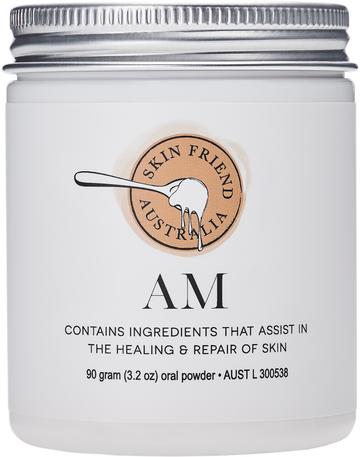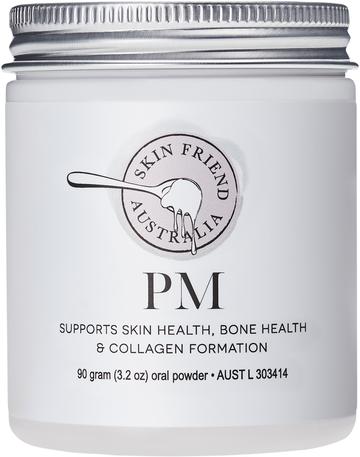Salicylate Sensitivity Food Tables

Feeling itchy after eating fruit? Here's why ...
According to research by Loblay and Swain from the RPA Hospital Allergy Unit in Sydney, ingesting salicylate-rich foods can cause a worsening of eczema symptoms. In fact, salicylate sensitivity is the most common chemical sensitivity that eczema sufferers present with.
What are salicylates?
Salicylates are natural chemicals found in many fruits and vegetables, herbs, nuts, teas, coffee, wine, beer, herbal medicines and spices. Artificial and natural salicylates are also present in many skin creams and perfumes.
Symptoms of salicylate sensitivity
- eczema, hives, itchy skin and other skin rashes
- headaches or migraines
- irritable bowel symptoms (wind, diarrhoea and/or constipation)
- reflux
- nausea
- vomiting
- stomach bloating and discomfort
- cystitis
- asthma
- irritability, restlessness
- allergy symptoms (stuffy or runny nose, nasal polyps, frequent throat clearing)
- behaviour problems, poor attention span, ADHD, ADD
- sleep disturbances (difficulty falling asleep, night terrors, frequent night waking, sleep apnoea)
- bedwetting
- anxiety, panic attacks
- depression
- rapid heart beat and arrhythmias
- tinnitus, hearing loss
- joint pain, arthritis
NOTE: these conditions can be caused by other factors, so speak with your doctor for a formal diagnosis.
How many people are salicylate intolerant?
Most people with salicylate intolerance have no idea what could be affecting them. Research shows that about 60% with of people with food-induced itchy rashes, eczema or headaches or migraines, 70% of people with irritable bowel symptoms, 20% of adults with asthma and 75% of children with behaviour problems may be sensitive to salicylates.
The main way to identify salicylate sensitivity is to avoid consuming salicylate-rich foods for a period of time (anywhere from 1-3 months), then re-introduce salicylate-rich foods into your diet and note any reactions - use a diet diary to document reactions.
Tips from The Eczema Diet book:
Your liver processes salicylates so it's important to improve the health of your liver. Through my work with eczema patients I have found that salicylate sensitivity slowly improves if you eat a healthy diet that is also lower in salicylates to give your liver a temporary break from salicylates. Typical low salicylate diets are often rich in sugar, wheat and dairy ... However, rather than replacing salicylate-rich foods with sugar, wheat and dairy (which are all low in salicylates but a burden to your liver), eat healthy and low-salicylate recipes and the therapeutic broth recipe from The Eczema Diet.
There are handy Salicylate Food Tables PDF for all our members who sign up here or at the bottom of the page. This PDF has taken years to put together and it is the accurate and complete tables. I have an incredible success rate with my program at the Eczema Life Clinic... check our testimonials here.
Products
At Eczema Life, we recommend nutritionist Karen Fischer's low food chemical program (The Eczema Detox) along with additive-free supplements for skin health and wellbeing. Click on the images to view more details:




